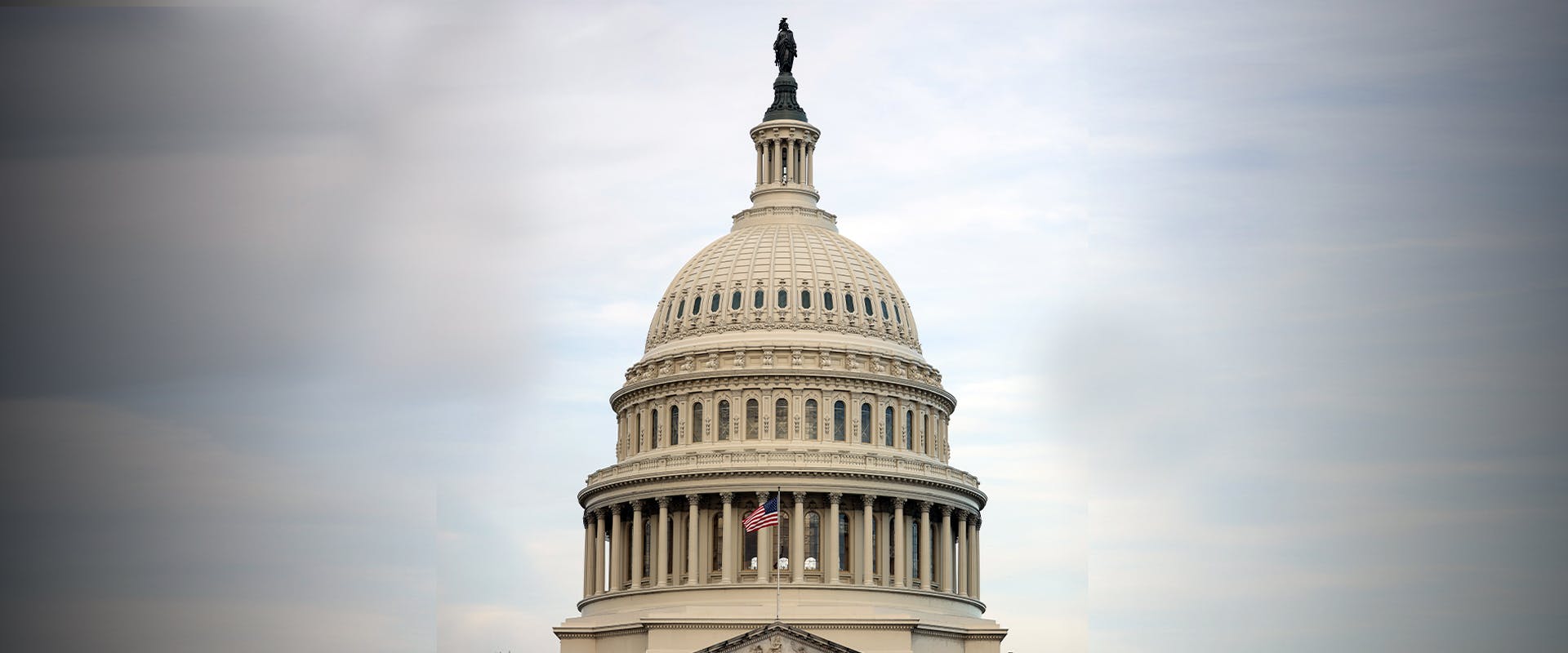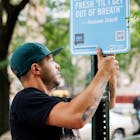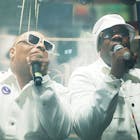“Prosecutors, judges, and juries have decided that rap lyrics are autobiographical, they're like diaries,” Erik Nielson, co-author of Rap Lyrics on Trial told Rock The Bells earlier this year. “No other fictional artform is treated that way. And there are plenty of other genres that are replete with violence, whether it's gangster movies, novels, hardcore punk, or horror. It’s not hard for us to understand that these are fictionalized. What you see with rap music is that it is isolated because it's a combination of people believing that rap is real, or young Black men, who are the primary producers of it, are incapable of creative thought. Unfortunately, it maps to stereotypes that many people still have about young Black and Hispanic men.”
The RAP Act is supported by the Grammys, RIAA, Universal Music Group, Sony Music Group, Warner Records, Atlantic Records, Warner Music Nashville, Artists Rights Alliance, SAG-AFTRA, BMAC (Black Music Action Coalition), MAC (Music Artists Coalition), SONA (Song Writers of North America), 300 Elektra Entertainment, Warner Chappell Music, Warner Music Group and Warner Music Latina.
“Today, too many artists, almost always hip-hop artists, face allegations of wrongdoing which rely heavily on their lyrics as evidence," Kevin Liles, Chairman & CEO, 300 Elektra Entertainment, said in a statement. "Beyond the disregard for free speech protected by the First Amendment, this racially targeted practice punishes already marginalized communities and their stories of family, struggle, survival, and triumph. Black creativity and artistry are being criminalized, and this bill will help end that. We must protect Black art.”









